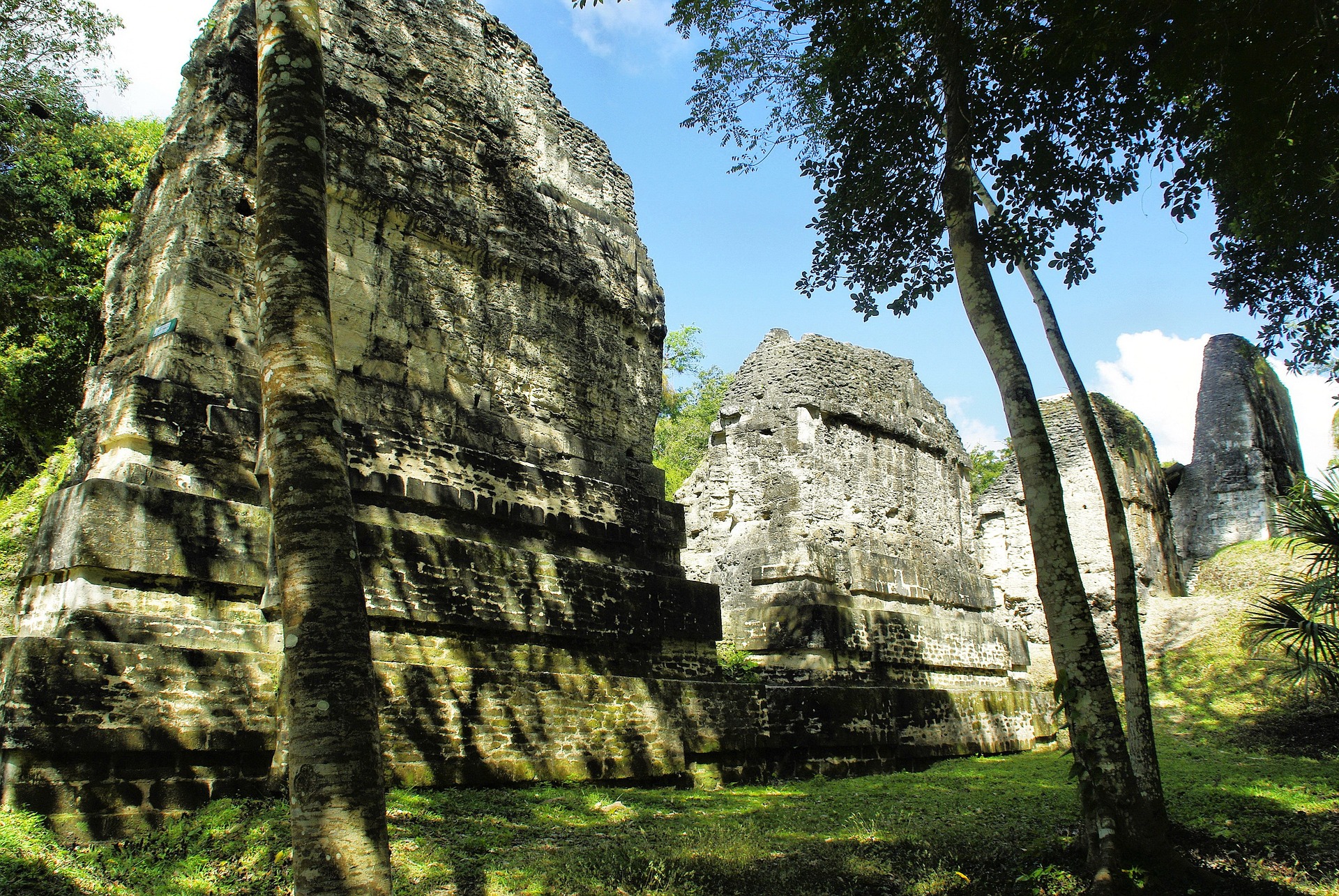
by Linda McManus | Feb 22, 2014 | Mayan Cities
Generally speaking, the Maya were a lowland people, inhabiting the Atlantic coast plains of southern Mexico and northern Central America. The southern part of this region is abundantly watered by a network of streams, many of which have their rise in the Cordillera, while the northern part, comprising the peninsula of Yucatan, is entirely lacking in water courses and, were it not for natural wells called cenotes, would be uninhabitable. This condition in the north is due to the geologic formation of the peninsula, a vast plain underlain by limestone through which water quickly percolates to subterranean channels. (more…)
by Linda McManus | Feb 15, 2014 | Mayan Cities, Mayan Culture, Mayan Ruins
An old but interesting read on the age of the ancient Maya ruins:
ON THE AGE OF MAYA RUINS
BY CHARLES P. BOWDITCH
(From the American Anthropologist (N. S.), Vol. 3, October-December, 1901)
NEW YORK
G. P. PUTNAM’S SONS
1901
[697]
ON THE AGE OF MAYA RUINS
By CHARLES P. BOWDITCH
The inscription lately discovered in Chichen Itza by Edward H. Thompson, United States Consul at Merida, is of more than passing interest. It contains an Initial Series of glyphs, which, so far as I know, gives the only initial date that has been found in the northern part of Yucatan. (more…)



